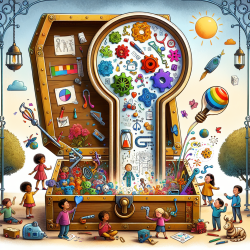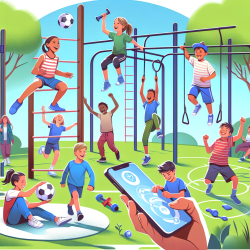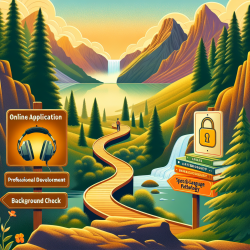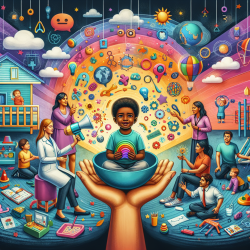In today's fast-paced world, the pressure to perform academically has overshadowed the natural instincts of play and curiosity in children. However, recent insights from Dr. Peter Gray's research highlight a transformative approach to education that could change this narrative. By understanding the role of evolutionary psychology in learning, educators can foster an environment that nurtures creativity and self-directed learning.
The Evolutionary Psychology Perspective
Dr. Gray's research emphasizes that play and curiosity are not just childlike behaviors but fundamental evolutionary drives that have helped humans thrive. These natural impulses allow children to explore their environment, acquire new skills, and build social connections. By embracing these drives, educators can create a more engaging and effective learning experience.
Curiosity and Play: Pathways to Creativity
According to Dr. Gray, creativity is defined as novel and meaningful ideas or products. Curiosity leads children to acquire knowledge, while play helps them develop essential skills. In a world where standardized testing often stifles creativity, allowing children the freedom to explore their interests can lead to more innovative thinking.
The Role of Adults in Facilitating Play
Adults play a crucial role in nurturing children's creativity by providing opportunities for play and exploration. Instead of directing every aspect of a child's learning journey, adults should create environments where children feel free to pursue their interests without fear of judgment or evaluation.
Implications for Modern Education
The current educational system's focus on standardized testing and high-performance culture often suppresses children's natural inclinations toward play and creativity. Dr. Gray argues for a shift towards more personalized learning experiences that prioritize individual interests and strengths over uniformity.
Technology as a Tool for Creativity
While technology is often criticized for reducing face-to-face interactions, it also offers new avenues for creative expression. Digital platforms can be used to facilitate collaborative learning experiences that encourage children to think outside the box.
Encouraging Further Research
Dr. Gray's work provides a compelling case for rethinking traditional educational models. By incorporating evolutionary psychology principles into teaching practices, educators can create a more dynamic and inclusive learning environment.
For practitioners interested in exploring these concepts further, delving into the original research paper can provide deeper insights into implementing these strategies effectively.
To read the original research paper, please follow this link: “Let Children Play!”: Connecting Evolutionary Psychology and Creativity with Peter Gray










